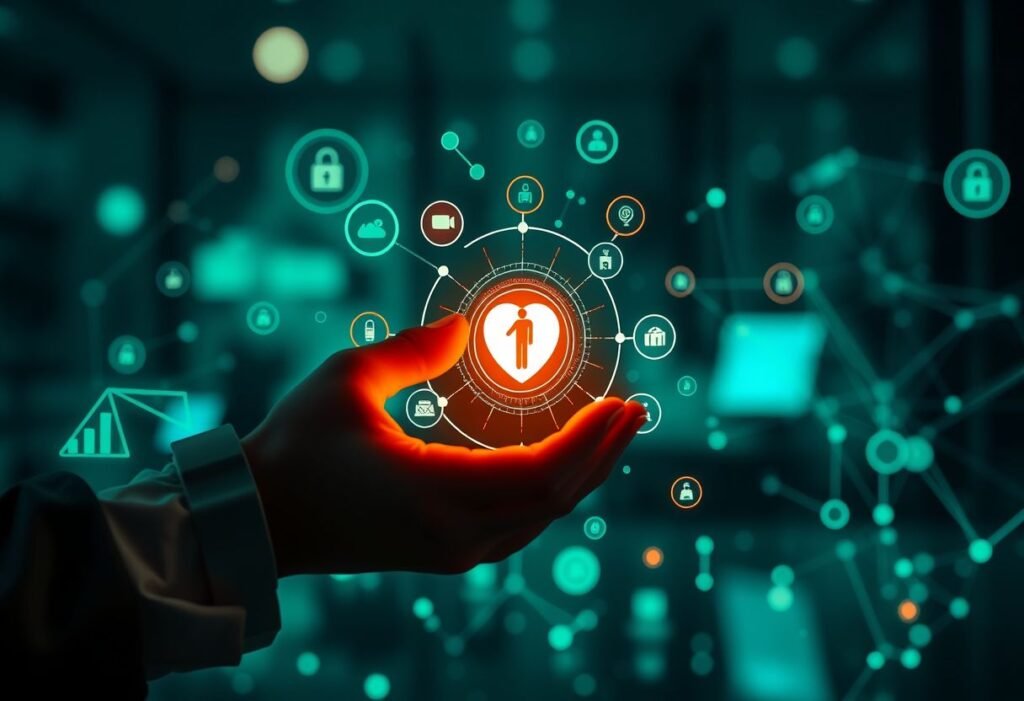The Internet of Things (IoT) is revolutionizing the world of connected health, driving significant innovation in how healthcare services are delivered. Through enhanced connectivity, healthcare providers are better equipped to manage patient care, analyze health data, and create tailored solutions for individuals. The potential for improved health outcomes is immense, making this an exciting era for the industry.
Transforming Healthcare Delivery through IoT
The integration of Internet of Things devices in healthcare settings allows for real-time monitoring of patient conditions. Wearable health devices harness IoT technology to track vital signs and send data to healthcare providers, enabling proactive intervention. This transformation not only enhances patient care but also optimizes resource allocation in medical facilities. By automating data collection, healthcare professionals can focus more on direct patient interactions, thereby improving overall satisfaction.
Enhancing Remote Patient Monitoring
Remote patient monitoring powered by IoT has become a crucial innovation for managing chronic diseases. Patients can use connected devices that monitor their health metrics from home, reducing the need for frequent hospital visits. This not only increases patient comfort but also lowers healthcare costs. A study showed that remote monitoring can lead to a 30% reduction in hospital readmissions as patients receive timely interventions based on real-time data.
Data Analytics and Predictive Modeling
IOT devices generate vast amounts of health data, paving the way for sophisticated data analytics and predictive modeling. Analyzing this data can help hospitals identify trends in patient health and predict potential outbreaks of illnesses. With machine learning algorithms, healthcare providers can personalize treatment plans and improve patient outcomes significantly. The ability to analyze data effectively is reshaping how decisions are made in the healthcare sector.
Improving Supply Chain Management
The IoT is also revolutionizing supply chain management in healthcare. By tracking inventory and using sensors to monitor environmental conditions, healthcare facilities can ensure that medications and devices are adequately stored. This not only reduces waste but also ensures that patients receive the highest quality care through timely access to necessary resources. The integration of IoT in inventory management leads to a more efficient healthcare system.
The Role of Artificial Intelligence in IoT
The intersection of artificial intelligence and IoT is creating new opportunities for innovation in connected health. AI algorithms can analyze data collected from IoT devices to identify patterns and recommend interventions. For instance, AI can predict a patient’s risk of developing certain conditions based on historical data. This proactive approach empowers patients and providers to take actionable steps toward enhanced health.
Challenges and the Future of Connected Health
Although the advances in IoT are promising, challenges such as data security and regulatory compliance must be addressed. Healthcare organizations must prioritize the protection of sensitive patient information. Ensuring that devices comply with industry regulations is crucial for the successful implementation of IoT in healthcare. As technology evolves, overcoming these challenges will unlock new horizons of innovation, making connected health a mainstay in the future of healthcare.
Disclaimer: The information presented in this article is for informational purposes only and does not constitute medical advice.





















